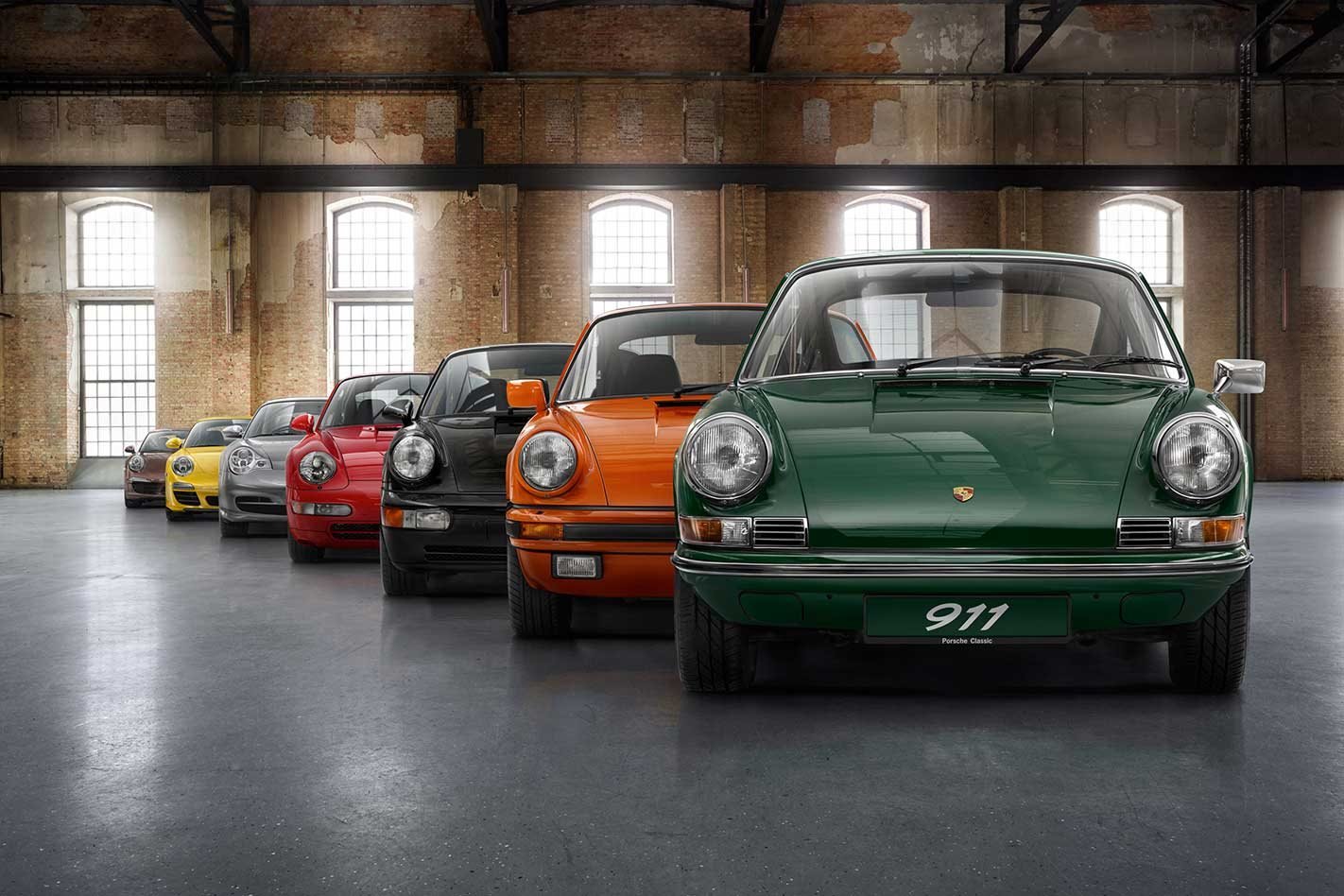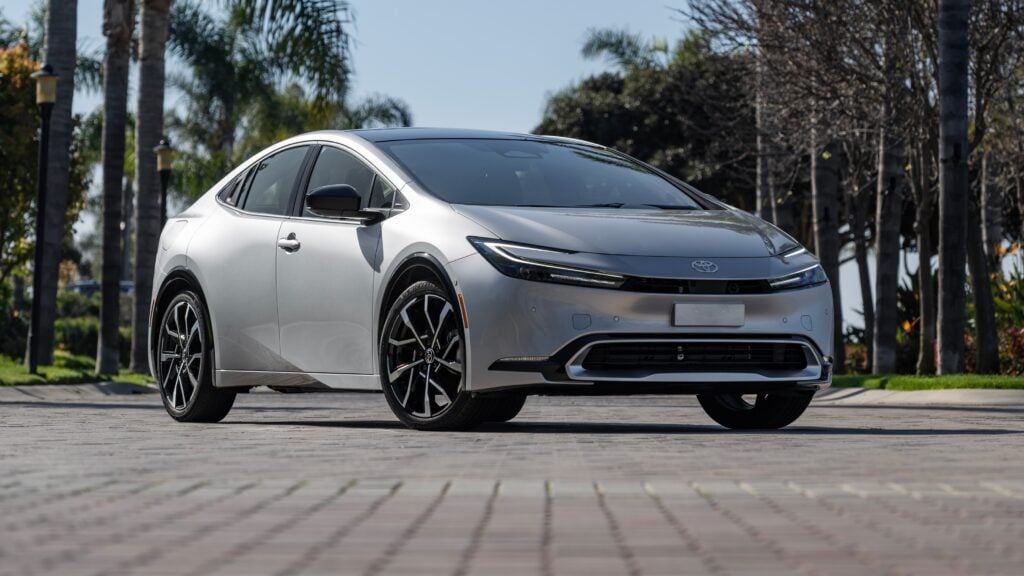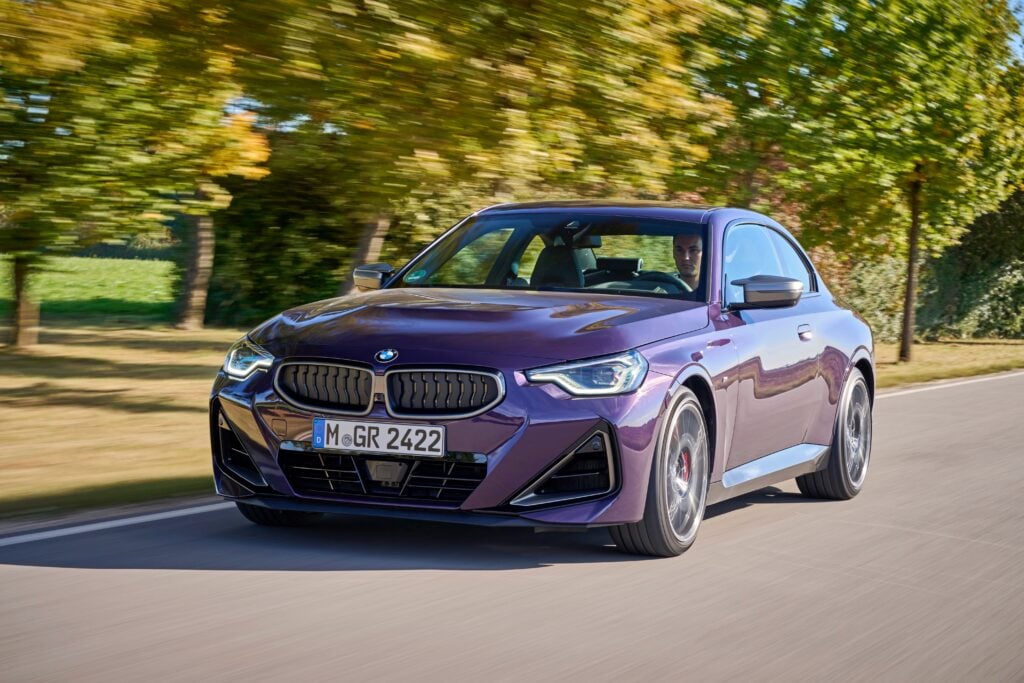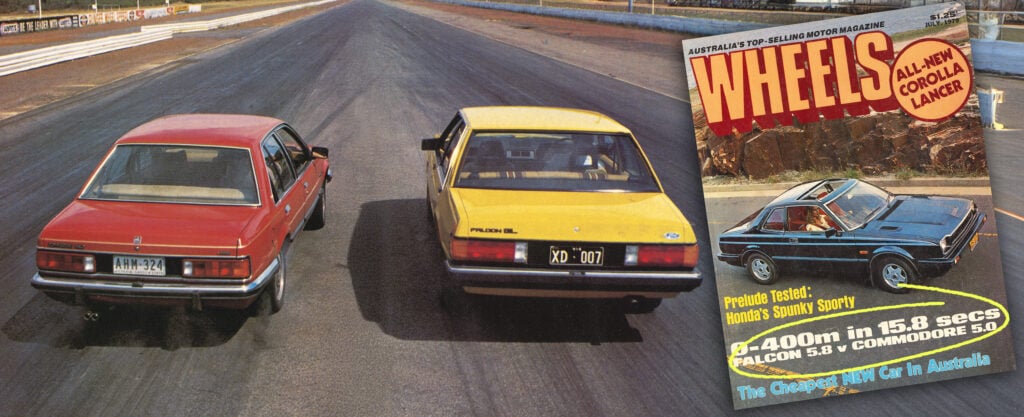As Porsche was building up to the reveal of its new 2019 Porsche 992 911, it was filling the MOTOR inbox with historic pictures and information about each generation of the 992’s ancestry.
We’ve gathered it all up and put it into one place for you, with an easy gallery at the top of the page to scroll through some of the frankly gorgeous 911s Porsche has captured. Enjoy!
The original Porsche 911: 1963-1973
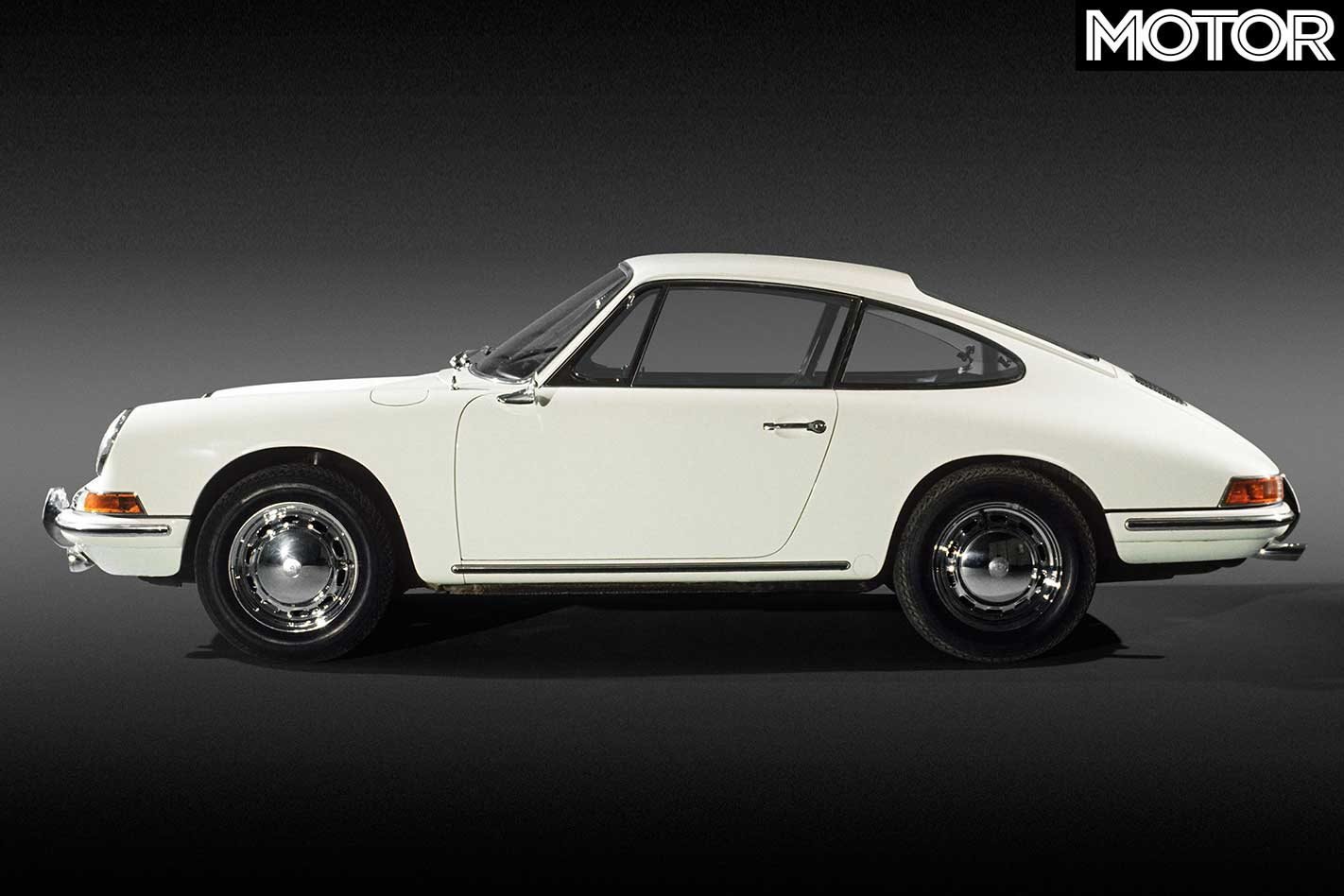
Originally called the 901, but changed to 911 due to a naming conflict with Peugeot, Porsche’s most iconic car was born in the early 1960s.
A total of 111,995 were built, according to Porsche’s data, with models ranging from the Targa to the king of the ‘firsts’, the Carrera RS 2.7.
The G Series Porsche 911: 1973-1989
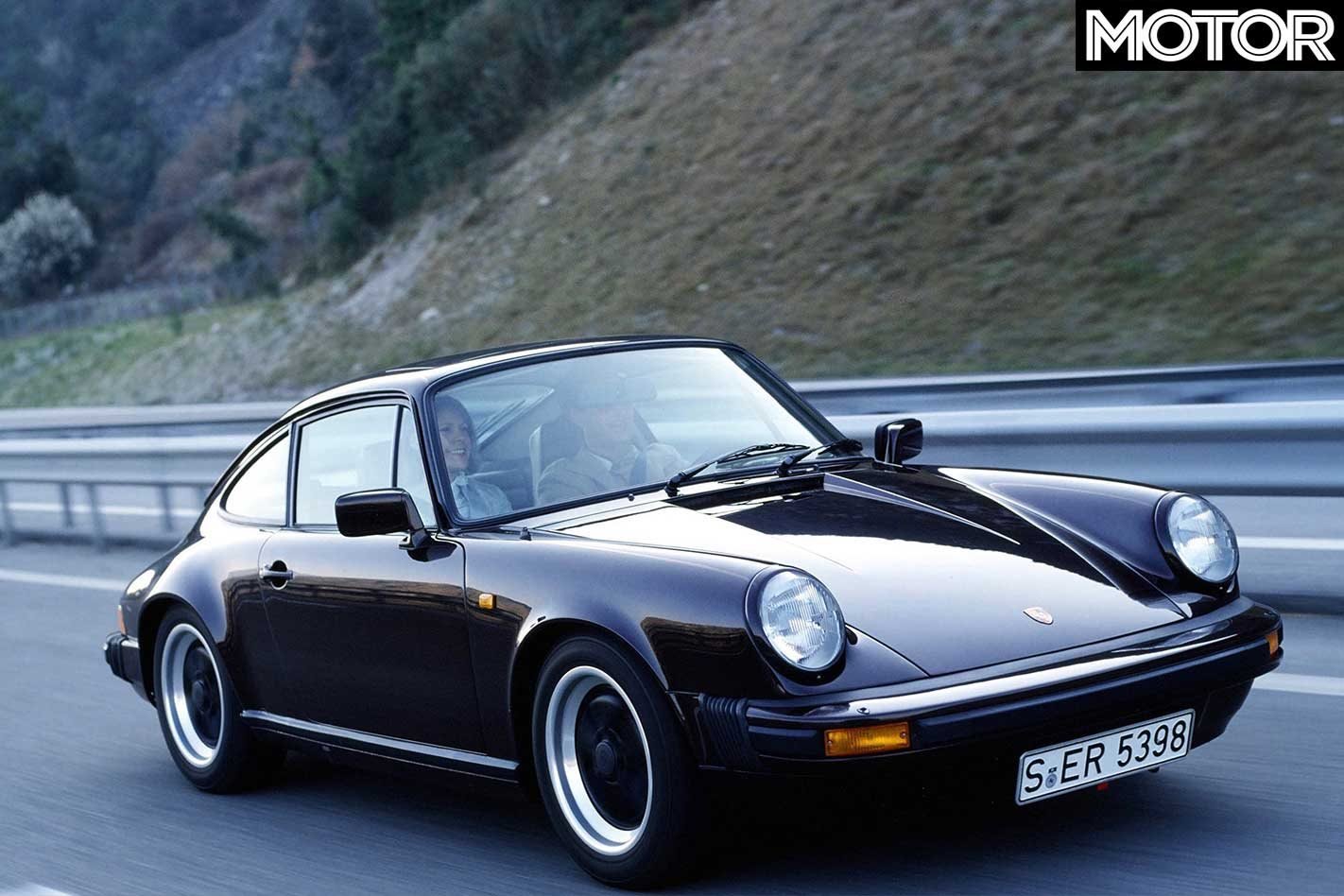
Only one year into the ‘G’ generation, the 911 Turbo is introduced, with the 3.3 sitting at the top of the range by the end of the G Series’ lifespan.
The fastest 911s were now hitting 100km/h in about 5.2 seconds, and topping out at 260km/h. In all, 198,496 G Series 911s were built.
Porsche ‘Type 964’ 911: 1988-1994
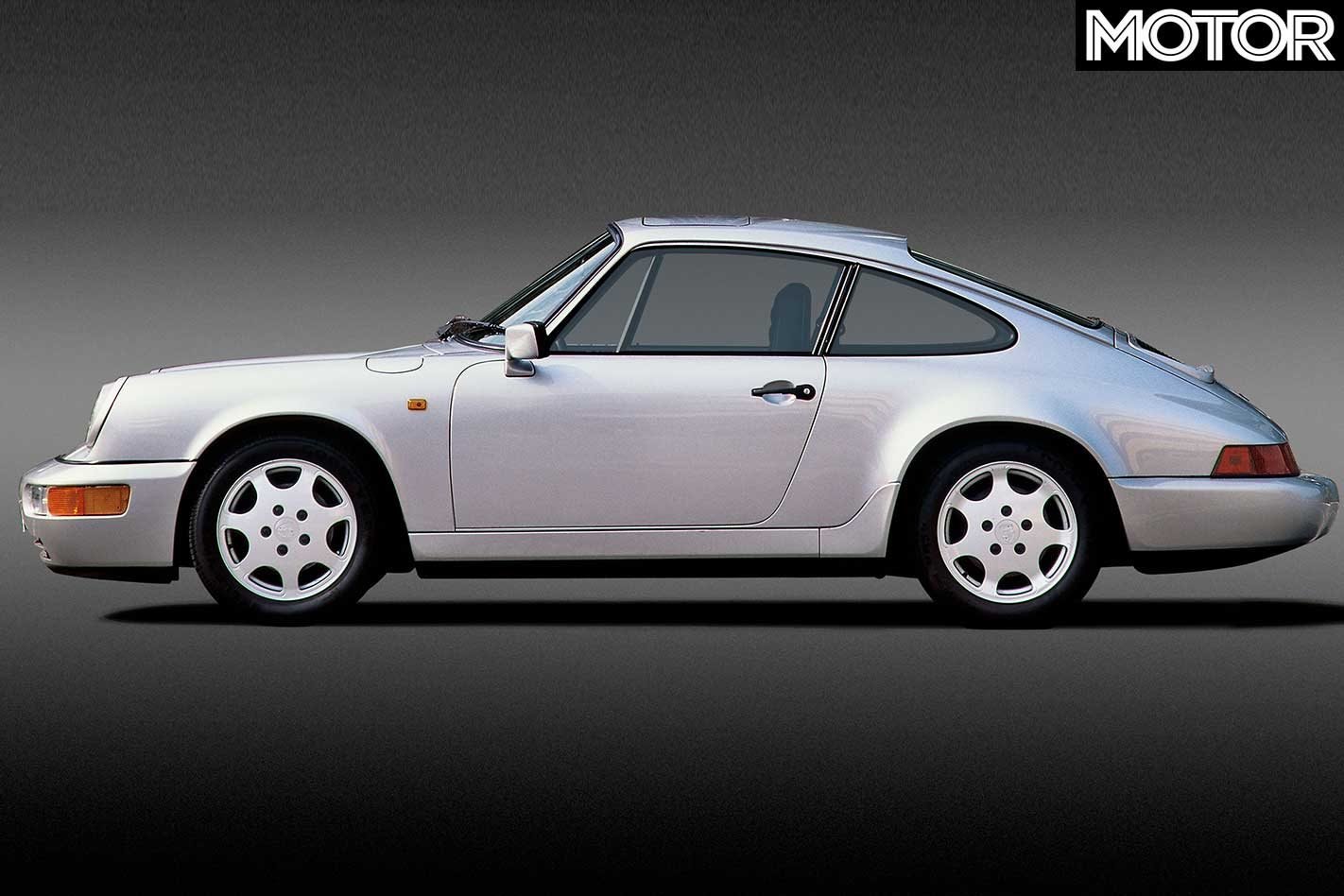
About 85 per cent of the 964 was new, meaning Porsche considers this a turning point for the 911.
“The first model variant immediately showed just how advanced the new 911 was: an all-wheel drive that Porsche had originally designed for the high-performance sports car 959 was introduced to the series for the first time on board the Carrera 4.”
The 964 911 Turbo 3.6 was the top of the crop for this generation, with 265kW and a 4.8 second sprint to 100km/h. Only 63,762 911s of this generation were built.
Porsche 993 911: 1993-1998
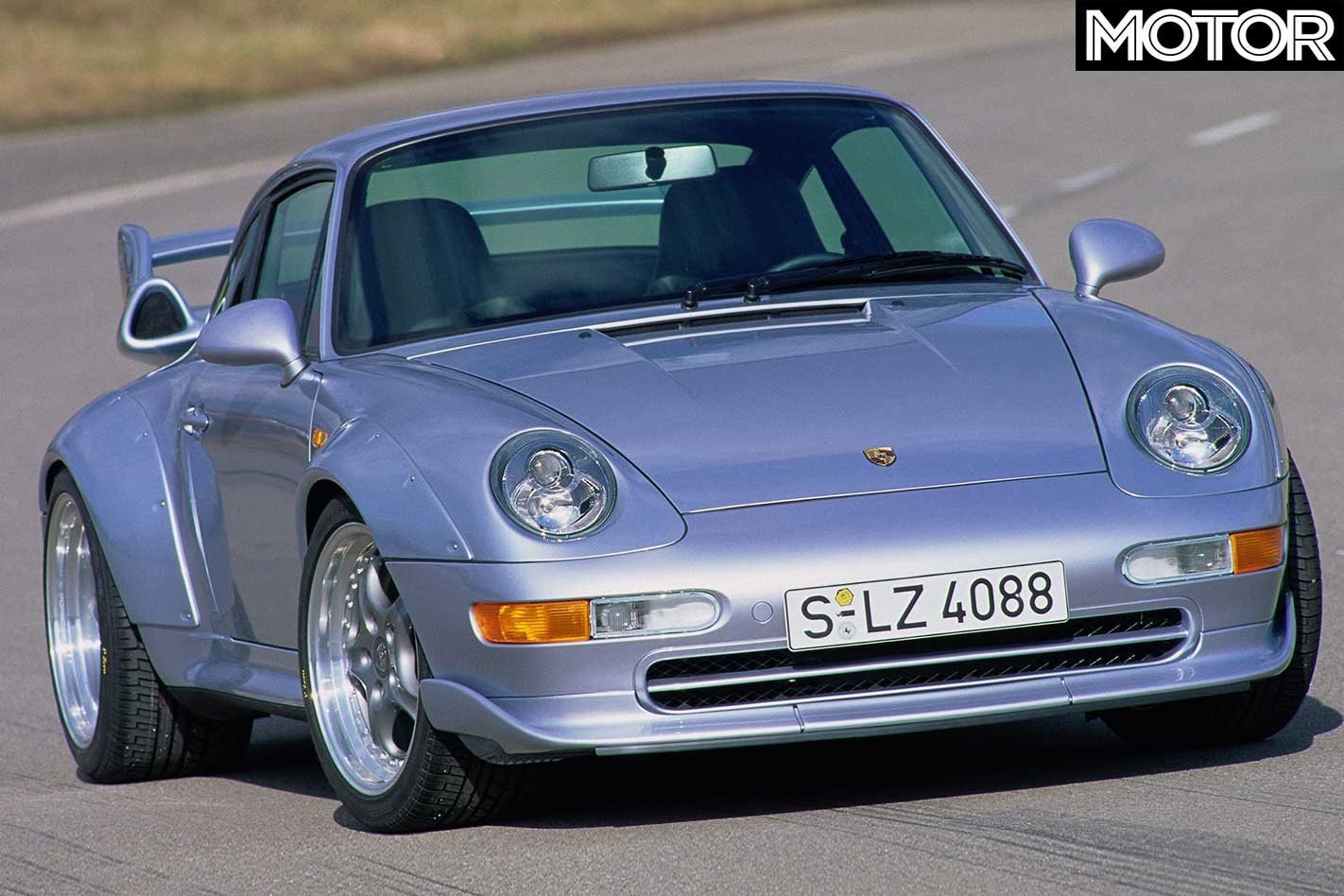
The last air-cooled Porsche is now a collector’s dream, but the pinnacle of that generation is surely the GT2 – the first Widowmaker.
Only 100 of the 331kW beasts exist (that power figure is now matched by the base 992), each able to hit 100km/h in 4.1 seconds and reach the 300km/h mark.
A total of 68,881 units of the 993 911 were built.
Porsche 996 911: 1997-2005
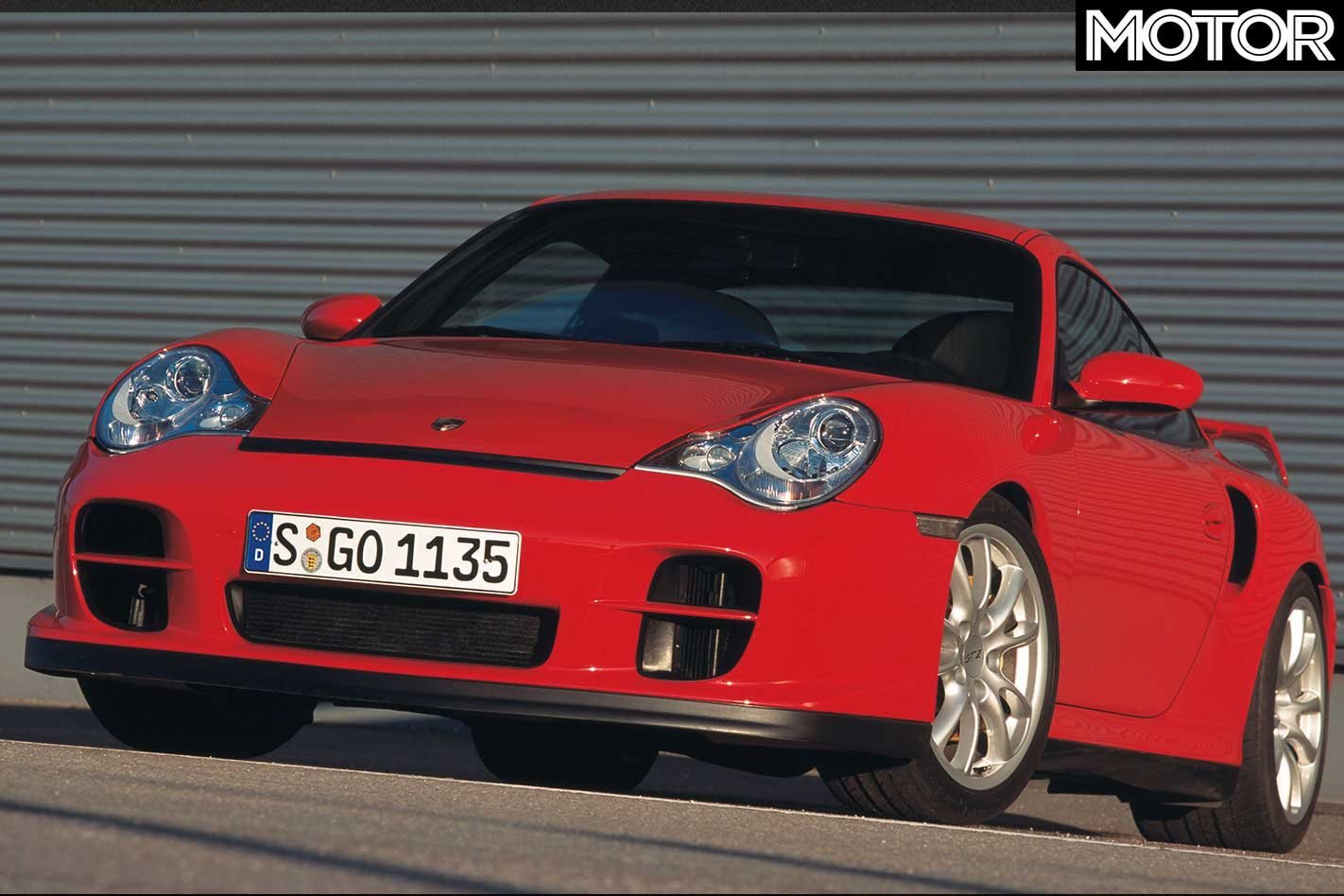
The millennium 911 was the first of a new breed, water-cooled and now able to produce more power, and go faster. Porsche also built more 996s too, with 175,262 having been created.
335kW and 600Nm were the headline figures for the second-gen GT2, which could hit 319km/h.
The 996 also debuted a new design, with the ‘fried egg’ headlights giving purists who missed the air-cooled days more ammunition.
This was also the first time the GT3 and GT3 RS were created, both badges that live on today to keep the atmo dream alive.
Porsche 997 911: 2004-2012
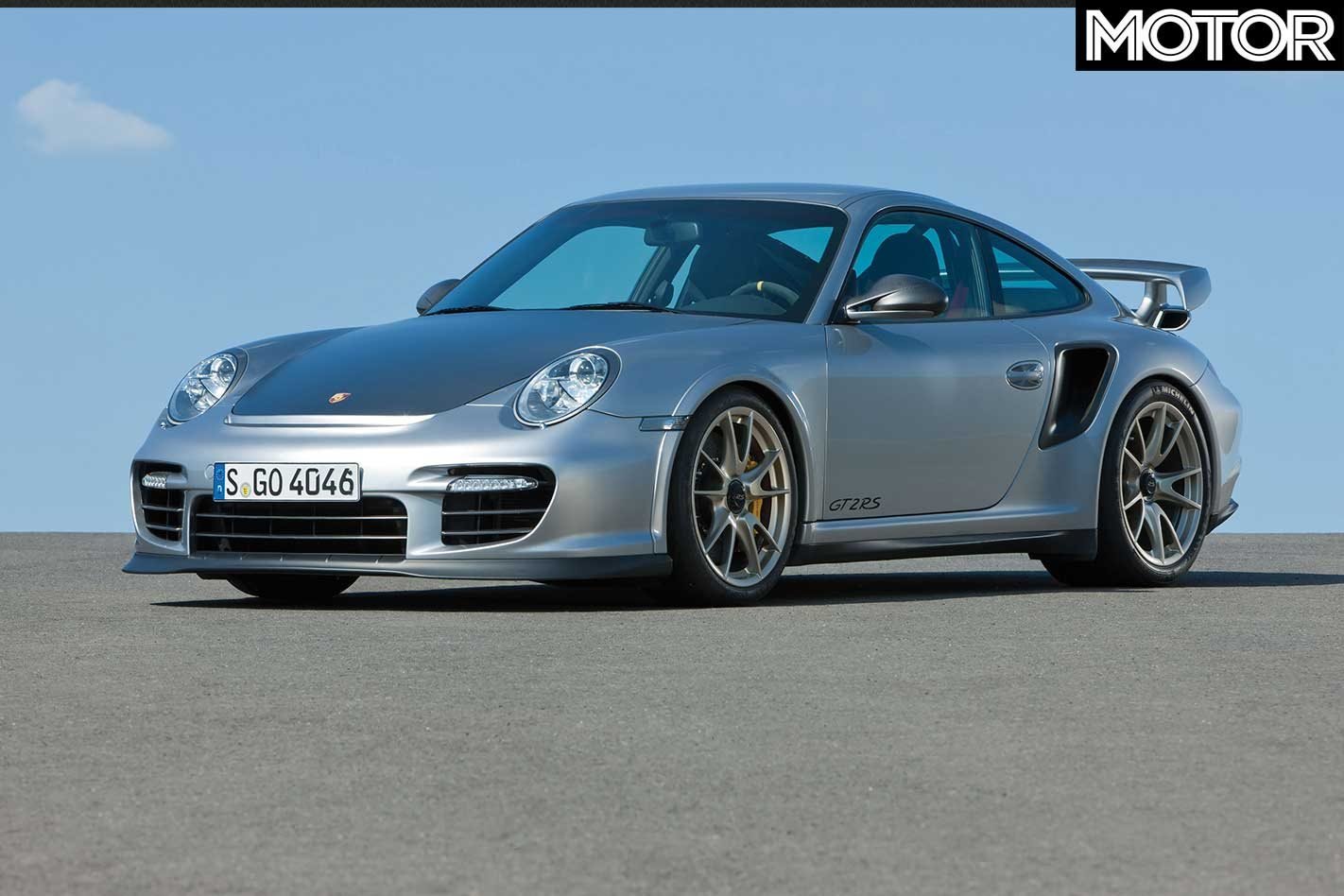
The most populous model to date, a total of 213,004 997s were built – a handful of those as the first generation of GT2 RS, a model which still sits at the top of the 911 family.
A 456kW turbocharged flat-six provided a 0-100km.h sprint of 3.5 seconds, and a lap timed at 7:18 at the Nürburgring.
The 997 ditched the ‘fried eggs’ and introduced direct fuel injection for a much more powerful and efficient lineup.
Porsche 991 911: 2011-2019
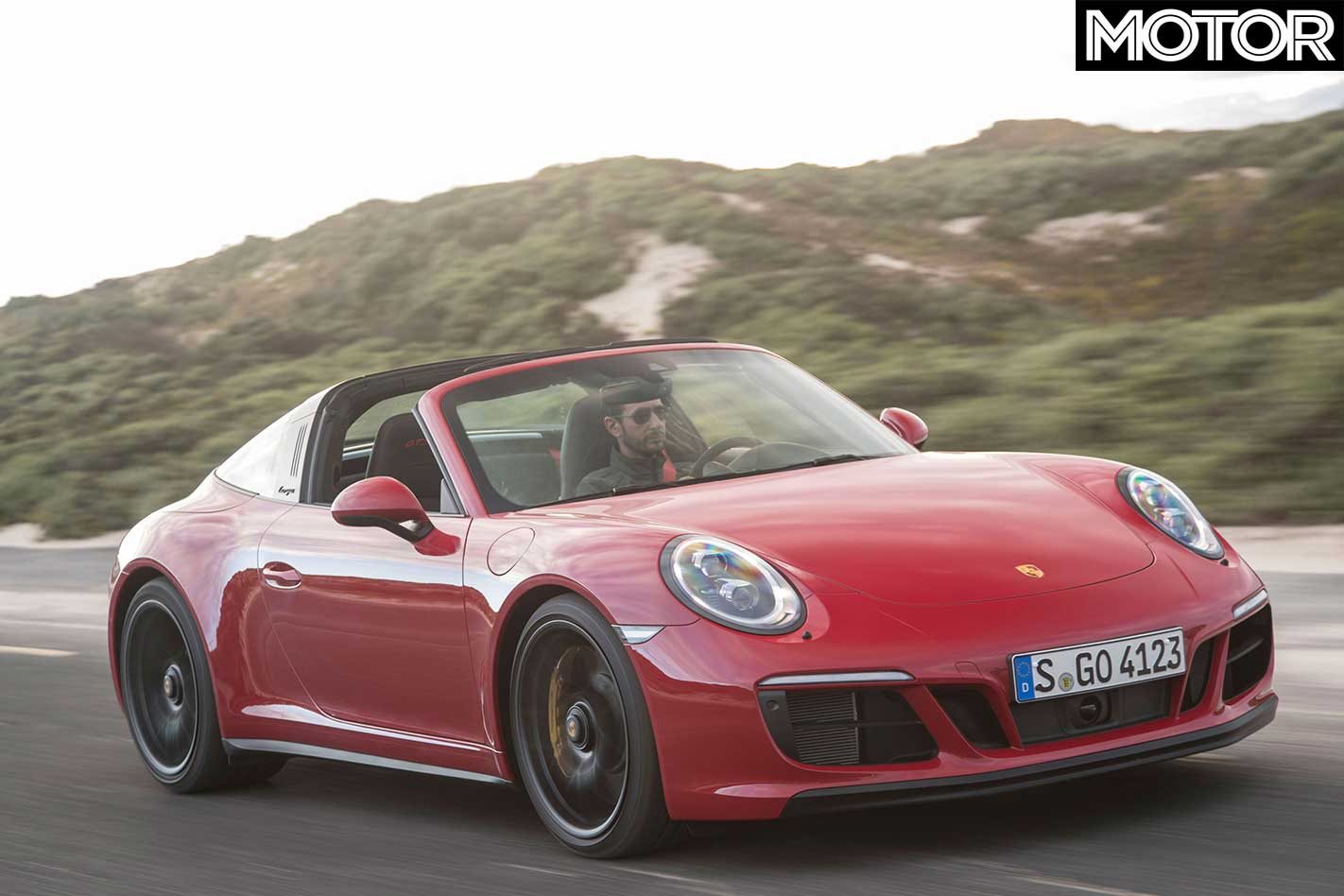
The ‘current’ 911 drove the ‘everyday sportscar’ into the ‘everyday supercar’ category, with the 991.2 911 GT2 RS now able to hit 100km/h in 2.8 seconds thanks to 515kW and 750Nm.
The very limited lightweight 911 R, as well as the reintroduction of a manual gearbox to the GT3 made this generation one to be celebrated, even if the GT2 RS no longer holds the Nürburgring record.
Porsche says: “The 991 generation of the 911 was the absolute best seller for Porsche. 217,930 units were built in the period from 2011 to 31 October 2018 and counting. In total, Porsche has produced 1,049,330 series 911s since its debut in 1963 to end of October 2018.”


